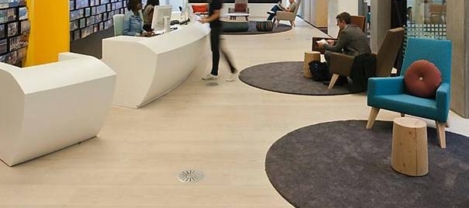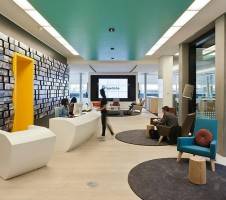January 21, 2016
Generation Z are preparing themselves for an automated world of work 0
 The automated world is far closer than many people suppose. Yet one demographic group that is less fooled than others on that particular score is the one now starting to make its mark in the workforce, suggests a new report. Amplifying Human Potential: Education and Skills for the Fourth Industrial Revolution, commissioned by Infosys from researchers Future Foundation, claims that 42 percent of 16-25 year olds worldwide feel their education did not prepare them for the world of work they are encountering for the first time with over three quarters having to learn new skills to meet the demands of employers. The report also claims that 40 percent of young workers believe their current job could be replaced by automated systems including robotics within 10 years. The report lands in parallel with a cluster of stories which highlight just how quickly the world is moving towards an automated future.
The automated world is far closer than many people suppose. Yet one demographic group that is less fooled than others on that particular score is the one now starting to make its mark in the workforce, suggests a new report. Amplifying Human Potential: Education and Skills for the Fourth Industrial Revolution, commissioned by Infosys from researchers Future Foundation, claims that 42 percent of 16-25 year olds worldwide feel their education did not prepare them for the world of work they are encountering for the first time with over three quarters having to learn new skills to meet the demands of employers. The report also claims that 40 percent of young workers believe their current job could be replaced by automated systems including robotics within 10 years. The report lands in parallel with a cluster of stories which highlight just how quickly the world is moving towards an automated future.


































December 18, 2015
A reminder to look beyond what we see every day of our working lives 0
by Mark Eltringham • Comment, Technology, Wellbeing
(more…)